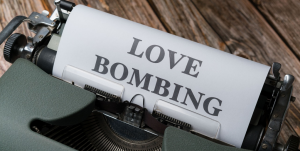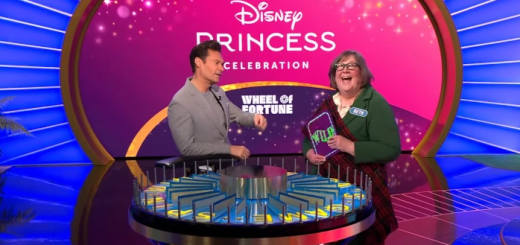The One Trait Psychologists Say Narcissists Always Show—And What You Can Do About It
Narcissistic Personality Disorder (NPD) is more than just a buzzword or a toxic label thrown around in heated arguments.
It’s a complex mental health condition that affects approximately 0.5%–1% of the population, according to psychologists. Yet, many people display narcissistic traits without ever receiving a formal diagnosis.
So how can you recognize a narcissist early on? According to psychologist Kathleen Saxton, one key behavior often emerges—and it’s a red flag that should never be ignored.
What Is Narcissistic Personality Disorder?
Narcissistic Personality Disorder is marked by a persistent pattern of grandiosity, a constant need for admiration, and a lack of empathy. But not all narcissists look the same. Some are outgoing and charismatic (grandiose narcissists), while others appear shy, insecure, and easily hurt (vulnerable narcissists).

Saxton notes that a hallmark trait among narcissists is their tendency to withhold affection and attention to gain control in relationships. In many cases, this behavior appears after a period of intense love bombing—a manipulative cycle of overwhelming praise and affection—only to be followed by sudden coldness or emotional withdrawal.
Emotional Withholding: The Narcissist’s Favorite Weapon
This behavior is more than just inconsiderate—it’s a manipulation tactic designed to disorient and control. Techniques like stonewalling, the silent treatment, or ghosting without explanation are meant to provoke emotional distress and make you feel insecure or dependent.
In fact, research has shown that emotional rejection activates the same parts of the brain associated with physical pain, demonstrating just how powerful these forms of psychological manipulation can be.
Reclaiming Your Power: How to Respond
If you suspect you’re in a relationship with someone who uses emotional withholding, it’s important to take back your sense of agency. Saxton recommends the following steps:
-
Plan a safe exit: Don’t announce your intentions. If the narcissist senses they’re losing control, they may retaliate.
-
Seek professional help: Therapy can help validate your experiences and build resilience.
-
Strengthen your support network: Family and friends can offer grounding, perspective, and protection.
-
Become financially and emotionally independent: This reduces vulnerability to manipulation or coercion.
Rebuild with Self-Care and Structure
When narcissists go silent or pull away, it’s tempting to chase their approval. Instead, see it as an opportunity for growth and healing. Use this time to:
-
Meditate or practice mindfulness
-
Exercise and eat well
-
Journal your emotions
-
Reconnect with hobbies
-
Join support groups
These activities not only help combat anxiety but also break the cycle of emotional addiction that narcissists often create in their victims.
The Science Behind Their Stress: Grandiose vs. Vulnerable Narcissists
Not all narcissists are alike. Studies show that vulnerable narcissists tend to have higher cortisol levels, meaning they’re more reactive to stress. They often experience anxiety, shame, and anger in response to criticism or perceived failure.
On the other hand, grandiose narcissists might appear more emotionally stable and even cheerful under stress—but this can be a mask hiding deeper emotional voids.
Both types suffer, but in different ways, and their stress responses can contribute to long-term health issues such as heart disease, insomnia, and depression.
Natural Support: Can Ashwagandha Help?
One powerful natural remedy often recommended by naturopaths is Ashwagandha (Withania somnifera). This ancient adaptogen supports the body’s stress response by balancing cortisol levels and enhancing mood-regulating neurotransmitters like GABA and serotonin.
Clinical studies suggest that Ashwagandha can significantly reduce anxiety, improve sleep, and help with mental clarity—making it a useful tool for anyone recovering from emotional trauma or navigating a stressful relationship.
Note: Always consult your healthcare provider before starting any new supplements.
Final Thoughts: Spot the Red Flags, Protect Your Peace
Identifying narcissistic behavior early on can protect you from emotional harm and help you build relationships rooted in mutual respect, not manipulation.
Whether it’s an over-the-top beginning followed by eerie silence or constant criticism hidden behind charm, trust your instincts. Education, preparation, and self-care are your best defenses.
Have you experienced emotional manipulation in a relationship?
Share your thoughts and support others in the comments below 👇




























